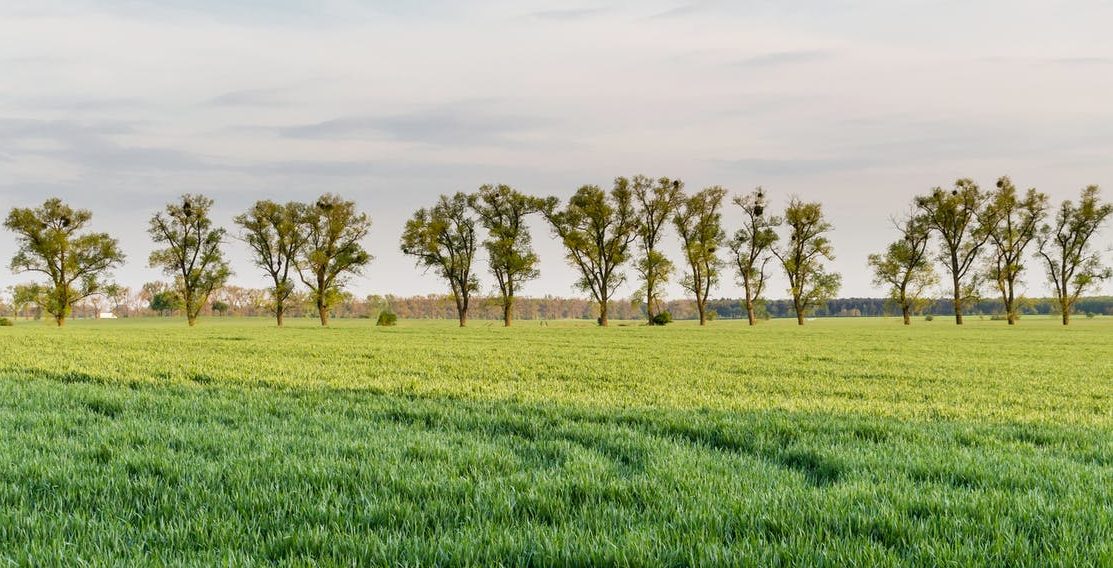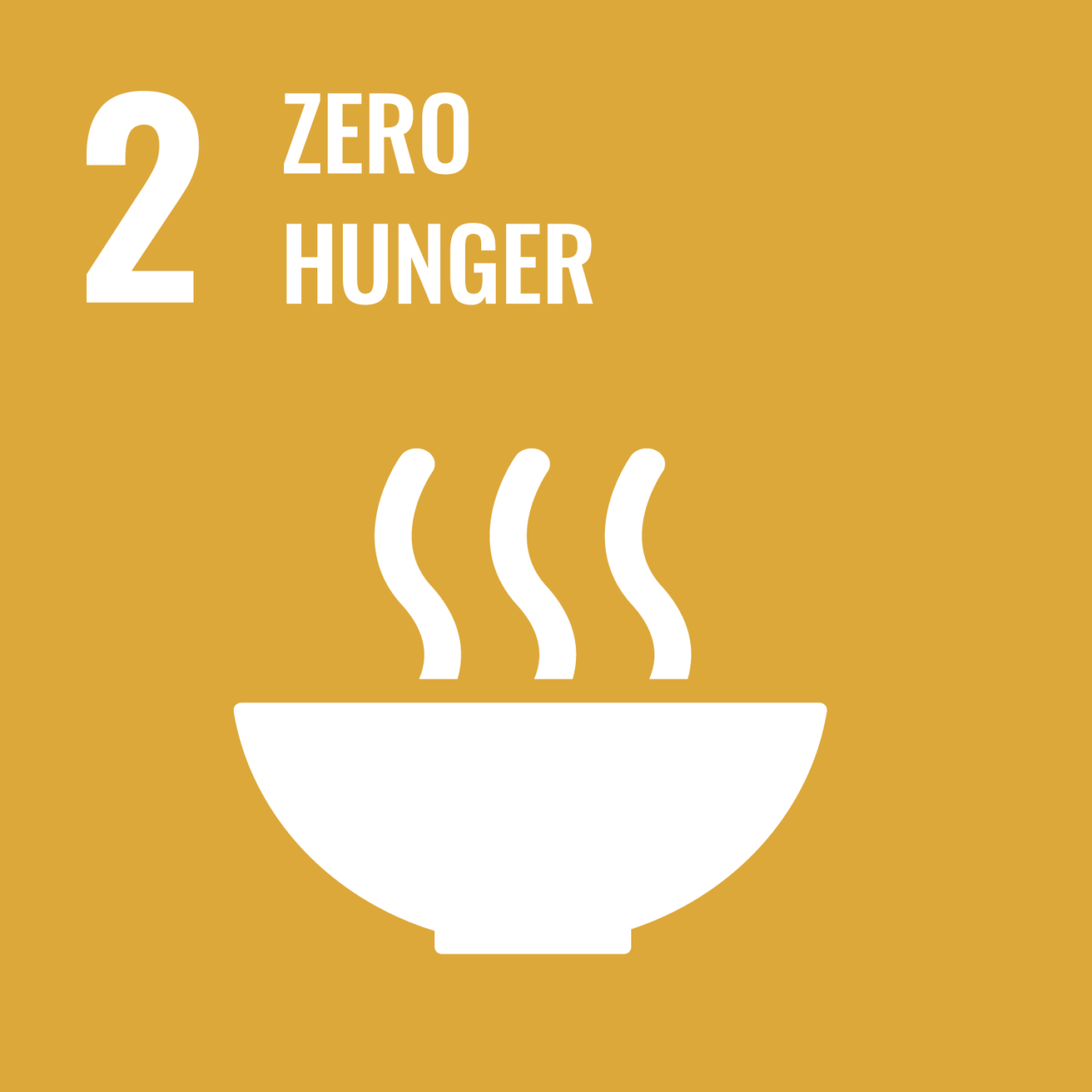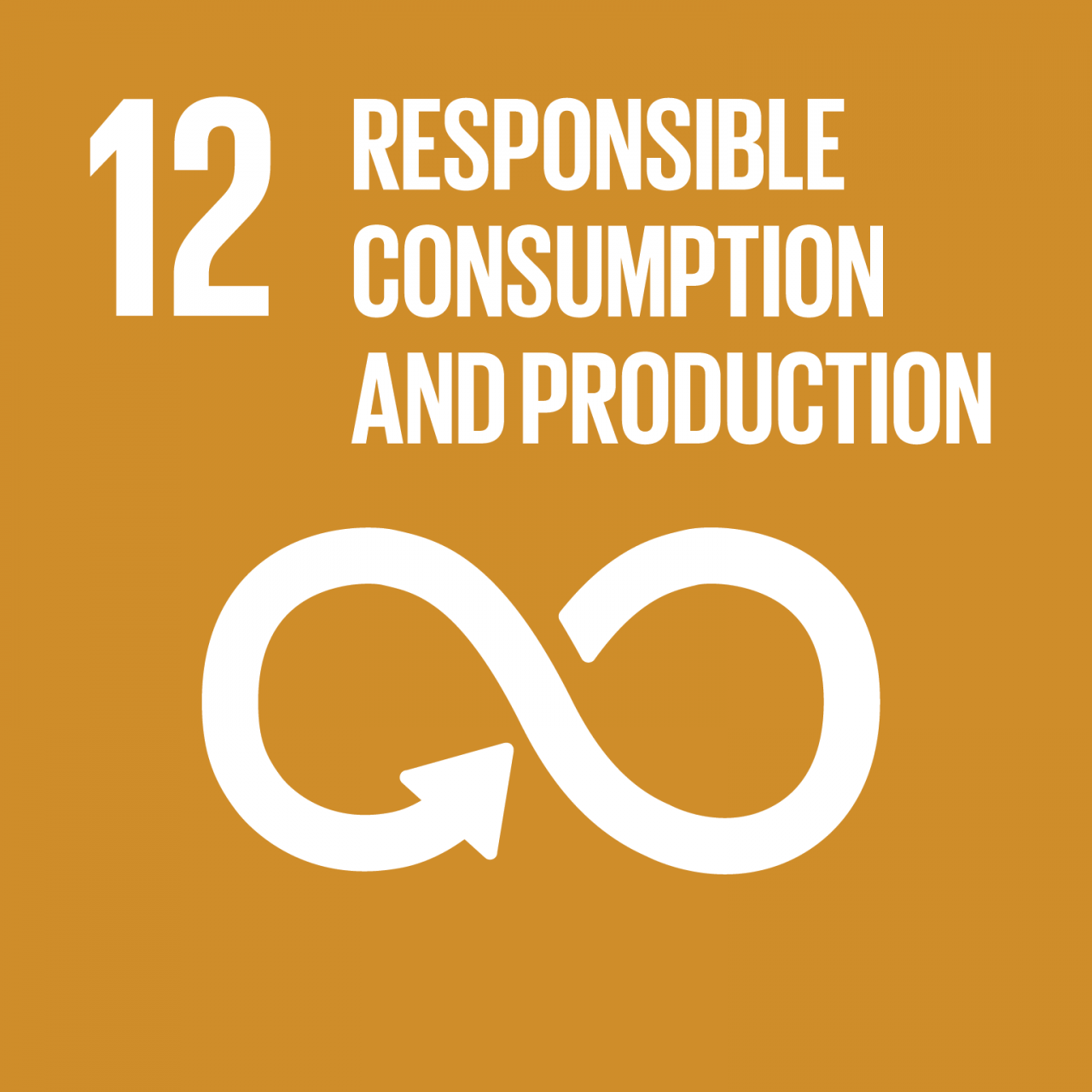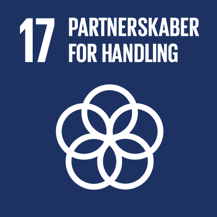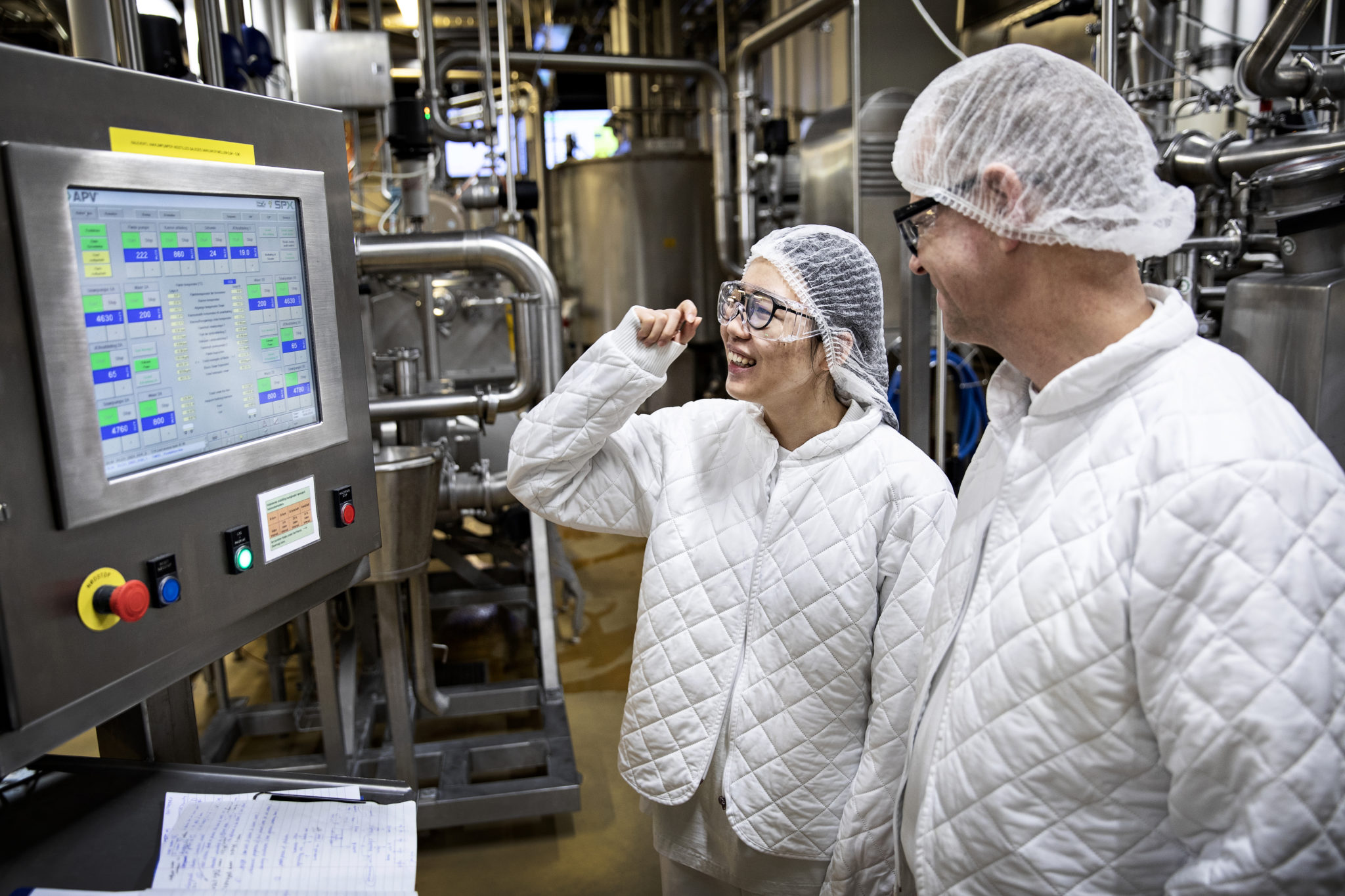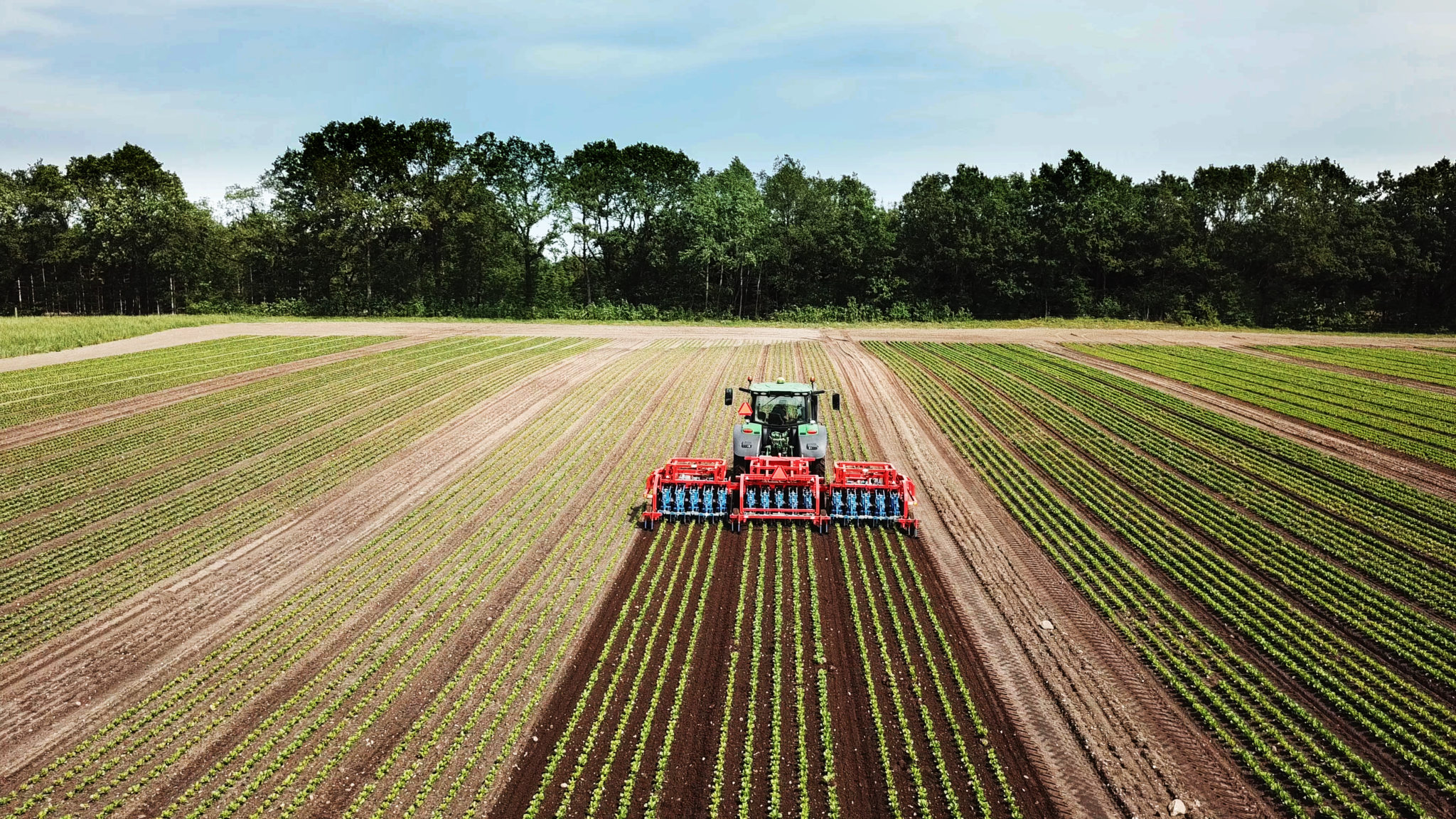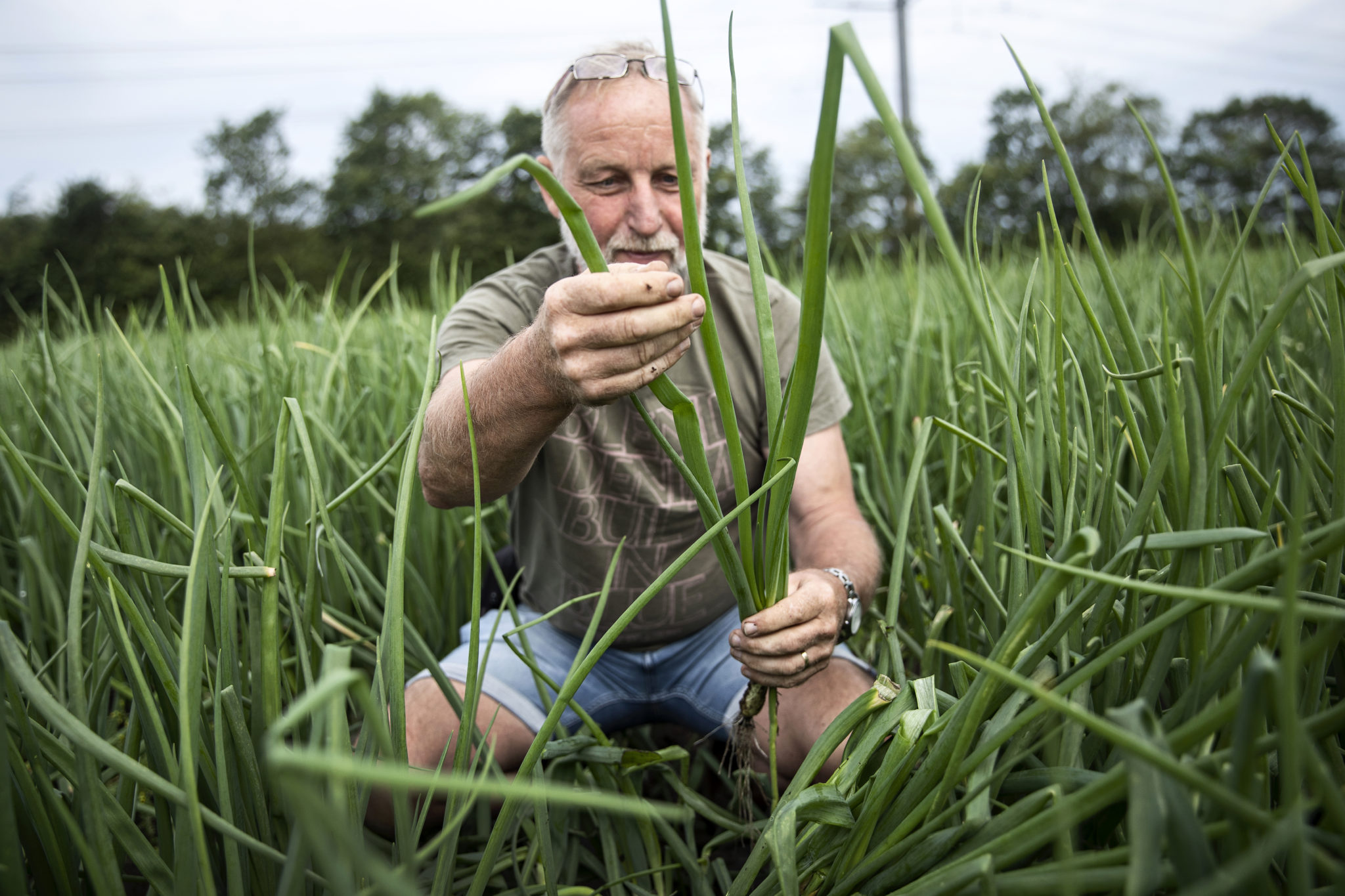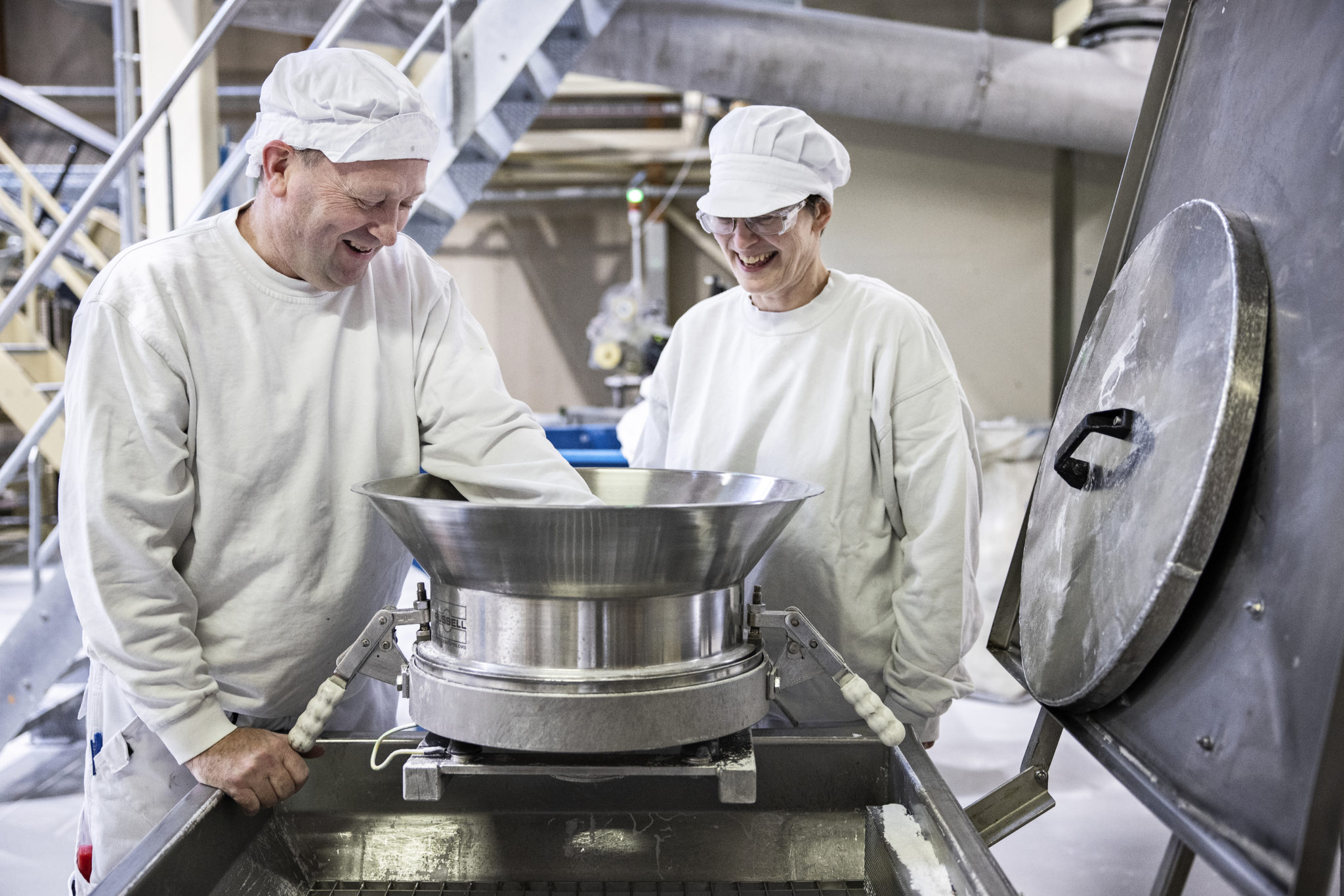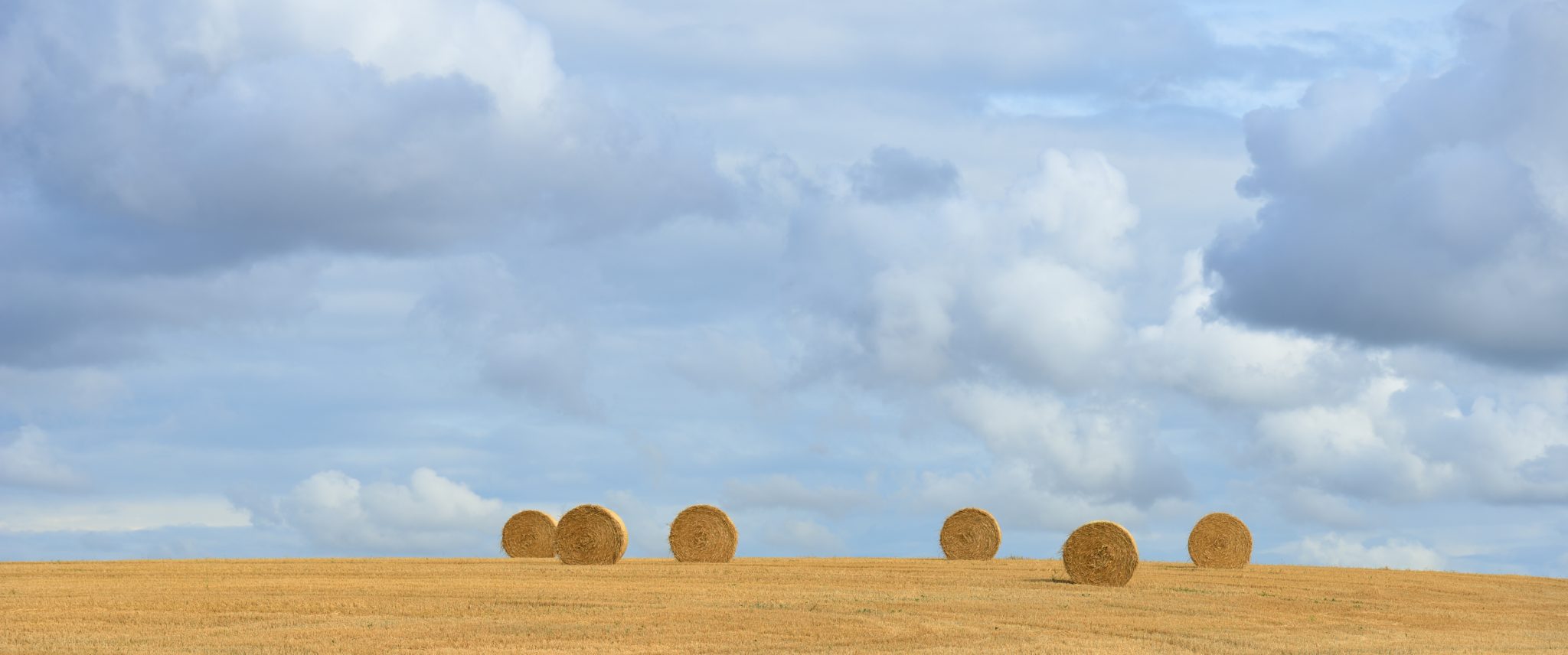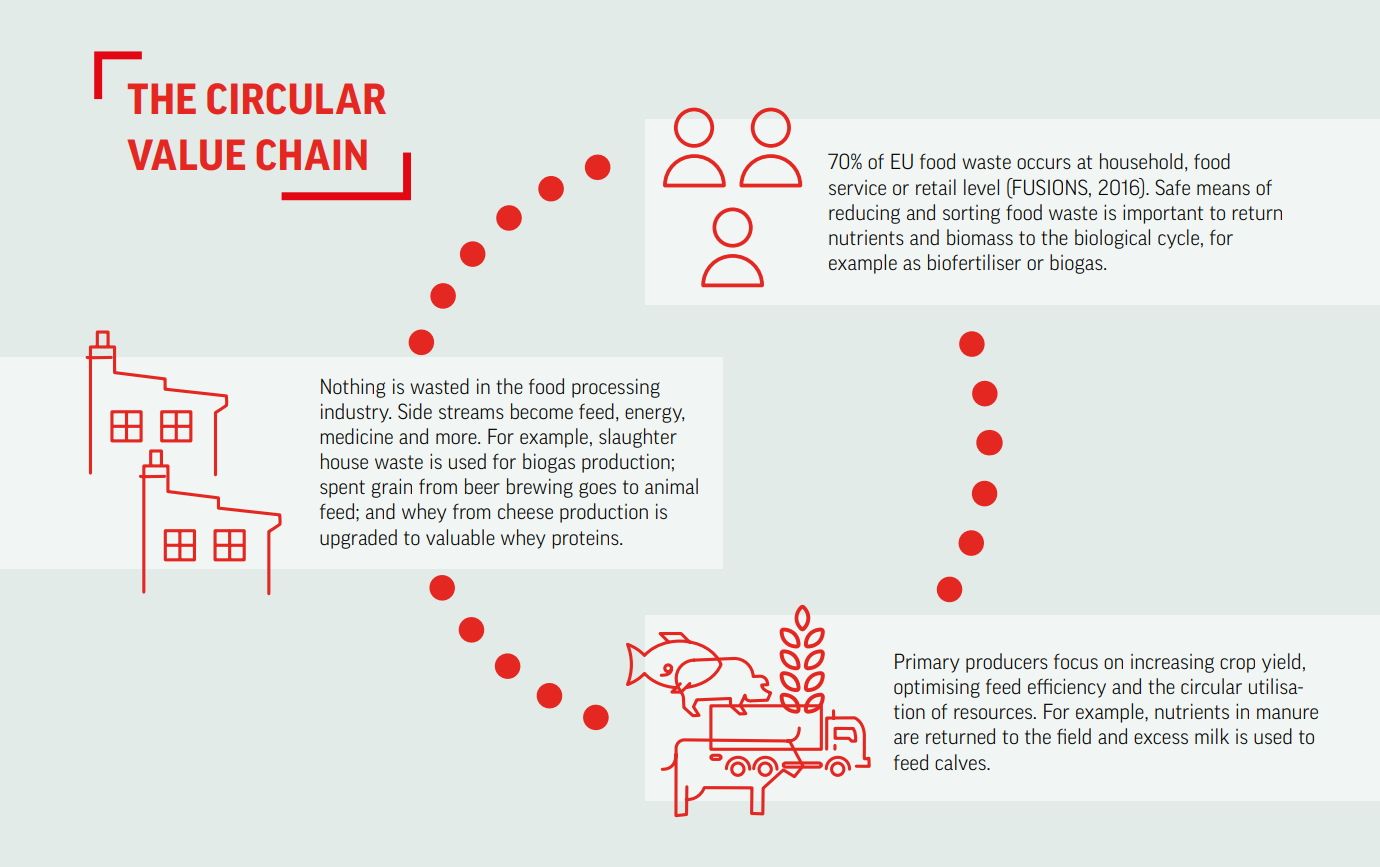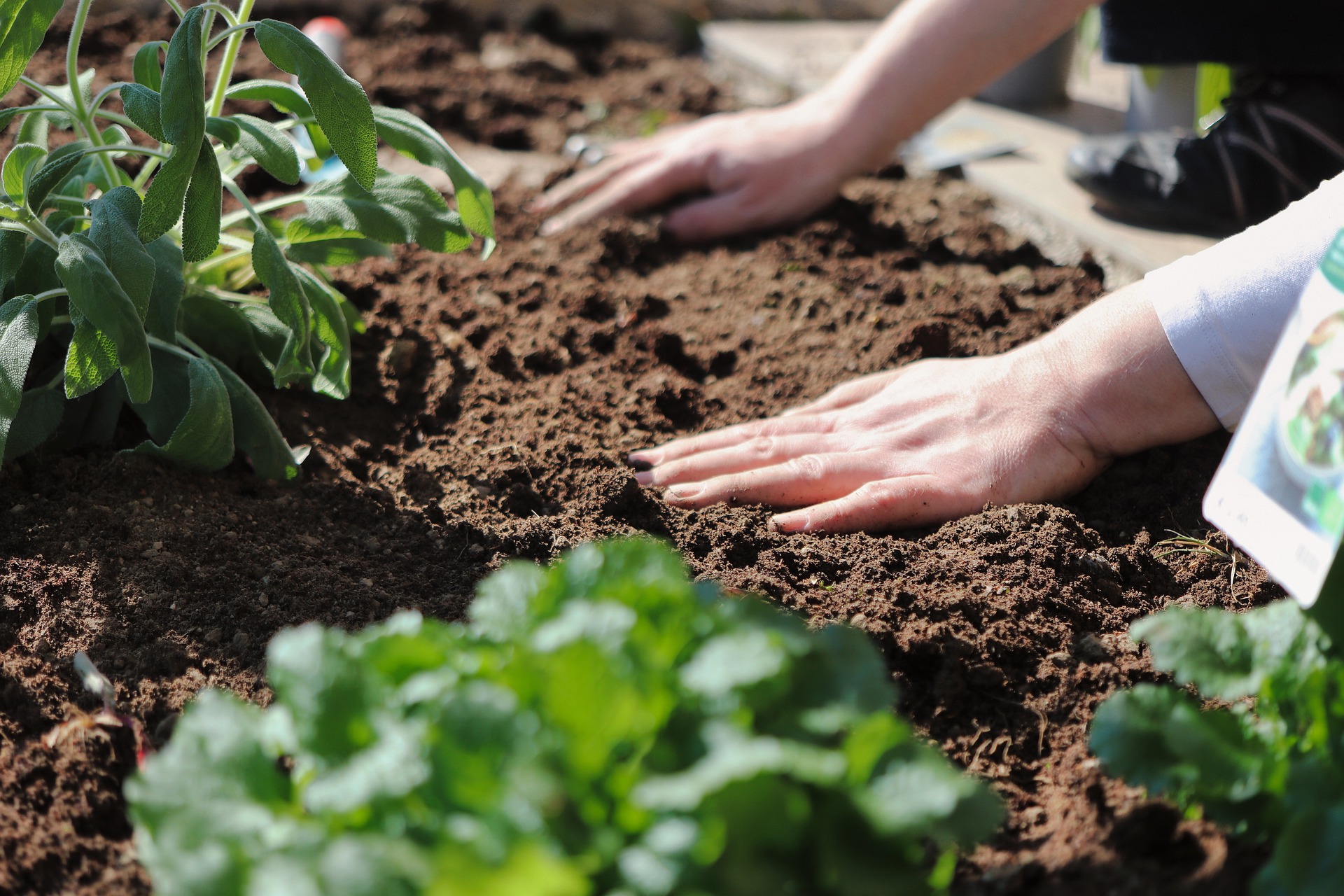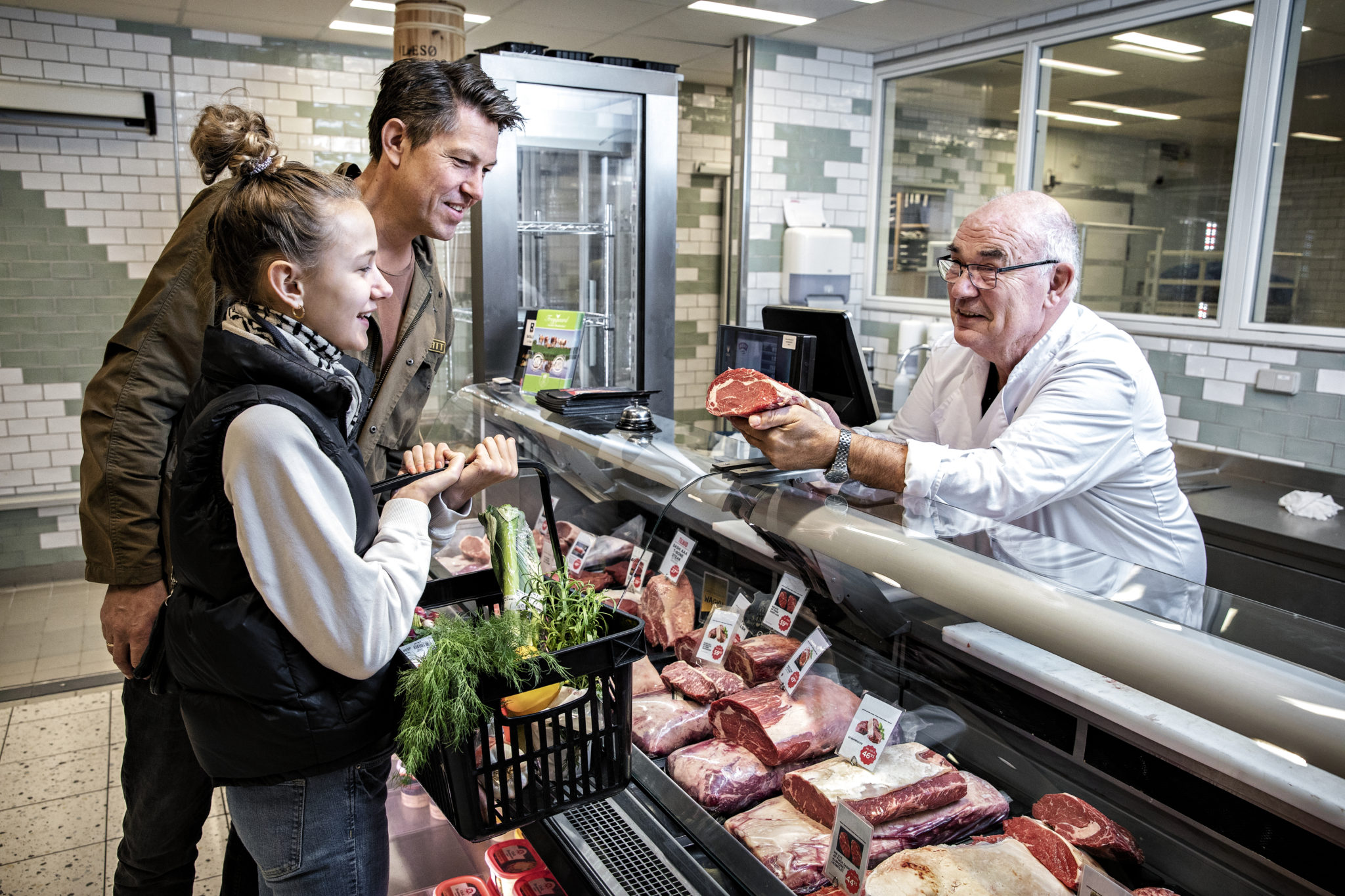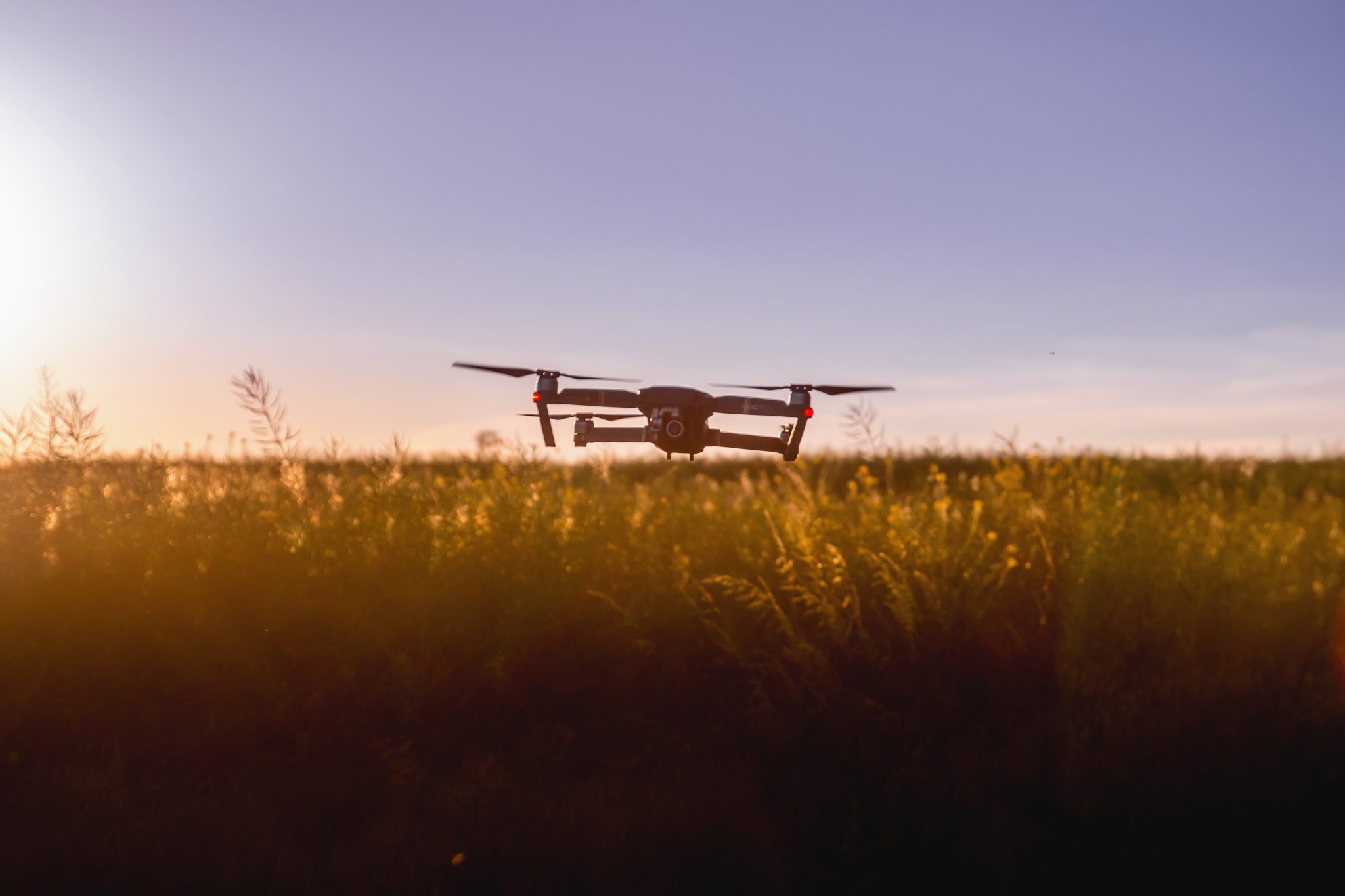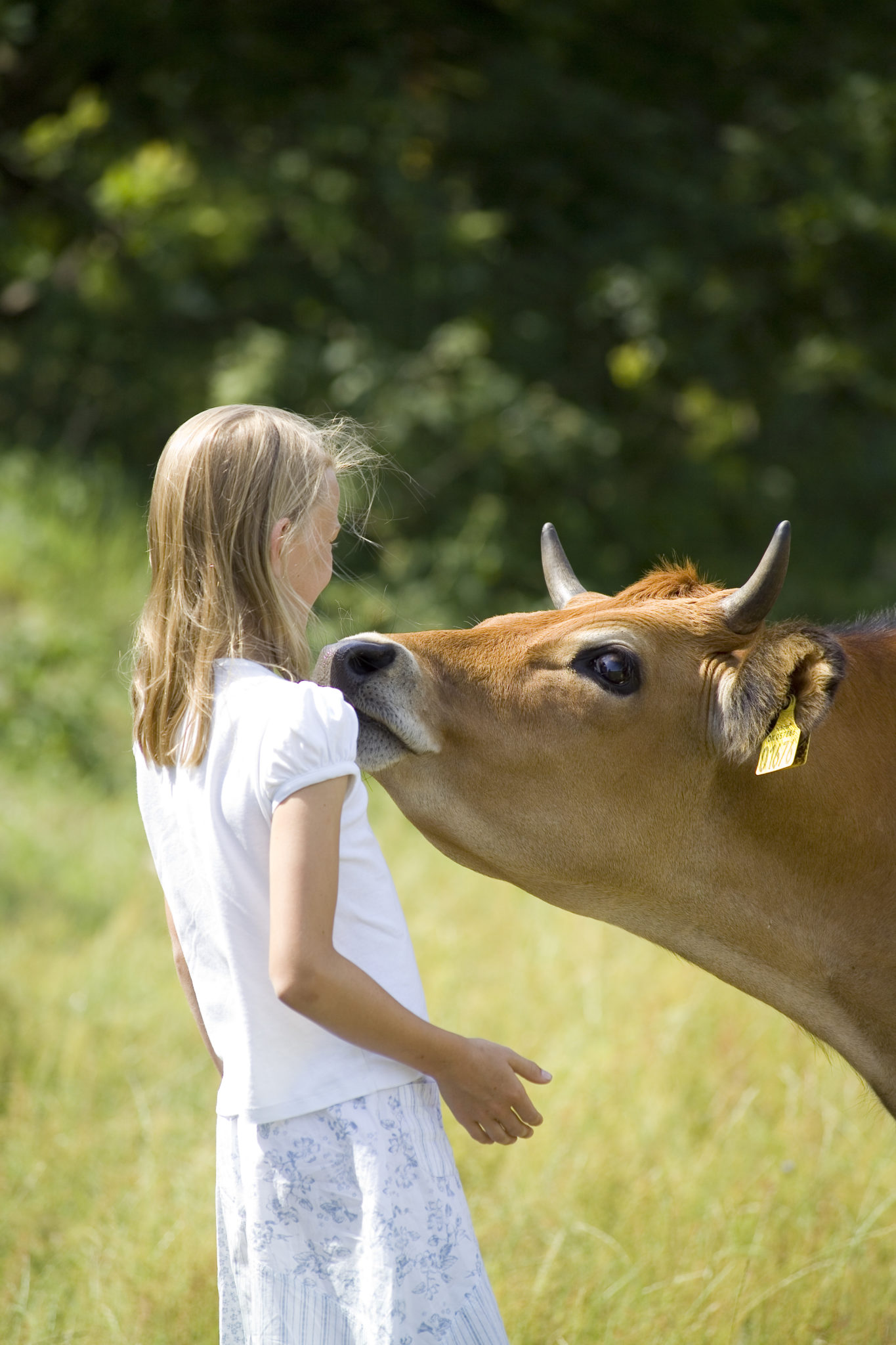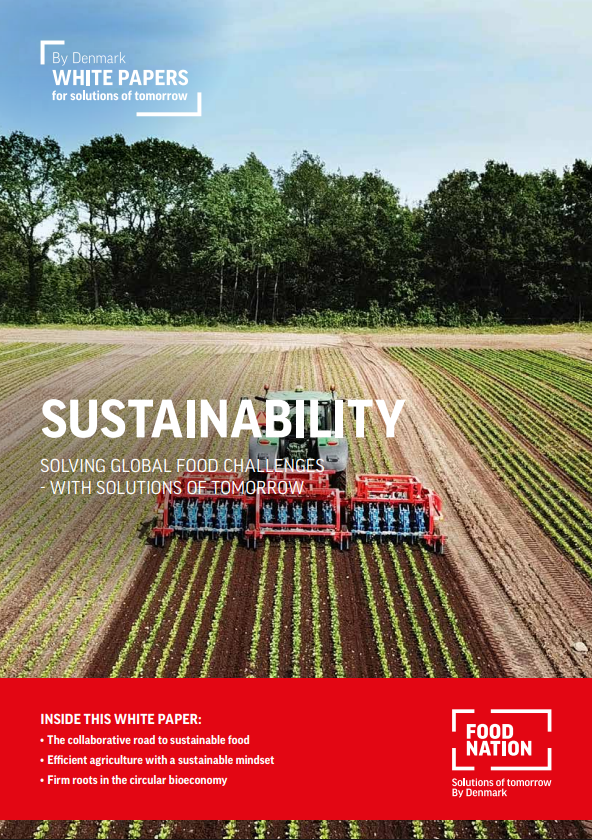Denmark is a global role model for sustainable food production and innovation.
In Denmark, we’re all about making the most efficient use of natural resources across the food value chain. Extensive collaboration – between businesses, authorities, universities and research institutes – ensures we continue to improve.
Today, precision technology enables farmers to minimise their environmental footprint and maximise yield. Food processors constantly implement new measures to reduce their consumption of water, energy and single-use packaging. Retailers and restaurants work hard to reduce waste.
Collaborative efforts are also upgrading waste streams to valuable products.
In all of this, the UN Sustainable Development Goals are a strong guide.


